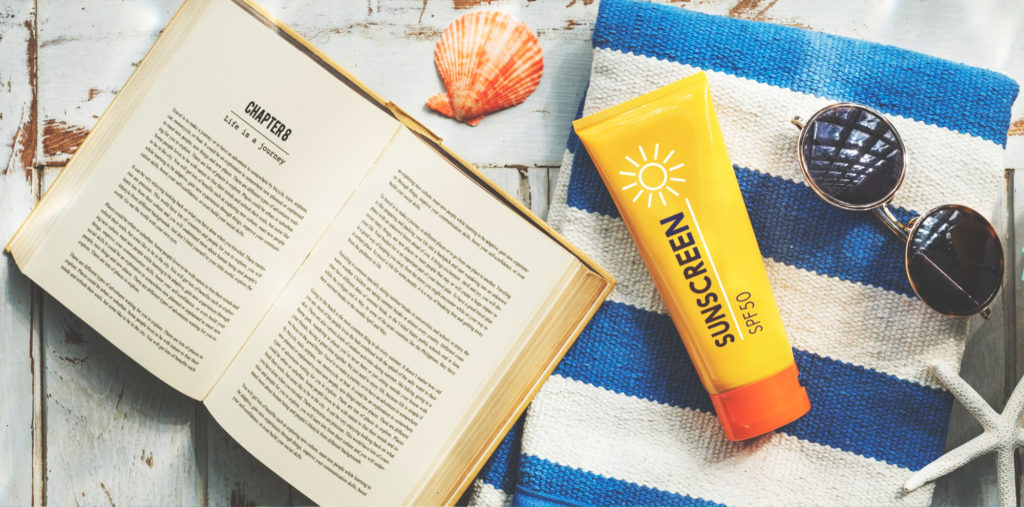
We all know the benefits of the sun and why it is so important in our lives. I mean, the sun gives us light, warmth, and allows plants to make food that all other animals and humans depend on to live. We get Vitamin D from the sun and this helps promote good health and prevents deficiency conditions such as rickets in our little ones. Not to mention the sun strengthens our immune system and even helps boost our mood and lift our spirits. Therefore going outside to enjoy some little sun frequently in order to have a healthy body and mind isn’t such a bad idea. Of course, we can’t simply list down all the amazing benefits of the sun because they are endless.
With all these benefits, excessive exposure to the sun has been connected with some negative effects. Some of the effects are sunburn and damage to your skin, especially on sunny days, when you spend too much time in the sun, or when you are in sunny environments like the beach. This damage is caused by the ultraviolet rays present in sunlight. The ultraviolet rays are responsible for damage to the skin including aging, sunburn as well as increasing the risk of skin cancer or melanoma.
Why You Should Use Sunscreen Everyday
It is therefore very crucial to protect your skin from the negative effects of the sun. And you can do this by wearing sunscreen every day. It doesn’t matter what skin tone or skin type you are or what the weather is like outside, sunscreen should be one of the most important last steps in your skincare routine. Sunscreen is available in formulas that don’t leave your skin feeling oily or lead to breakouts. Sunscreen also comes in many forms to choose from, it can be a lotion, gel, spray, or foam, and its formula is specially put together to block out not all but some of the ultraviolet rays from the sun.
When it comes to sunscreen, choose a sunscreen with a high SPF factor. What’s an SPF factor you ask? According to the FDA definition of SPF, this is a measure of how much solar energy (UV radiation) is required to produce sunburn on protected skin (i.e., in the presence of sunscreen) relative to the amount of solar energy required to produce sunburn on unprotected skin. As the SPF value increases, sunburn protection increases. Simply put, it is a number that indicates how well the product is at protecting the skin against ultraviolet light. The higher the SPF number the better it is at blocking out UV rays i.e.:
• SPF 15 blocks 93% of UVB rays
• SPF 30 blocks 97% of UVB rays
• SPF 50 blocks 98% of UVB rays
With that said getting a little dose of the sun and getting some Vitamin D is encouraged but not without the knowledge that UV rays exist in the sun and can lead to permanent skin damage. Therefore investing in good sunscreen and having ample coverage each time we go outside is highly recommended, your skin will thank you in the future.

Recent Comments